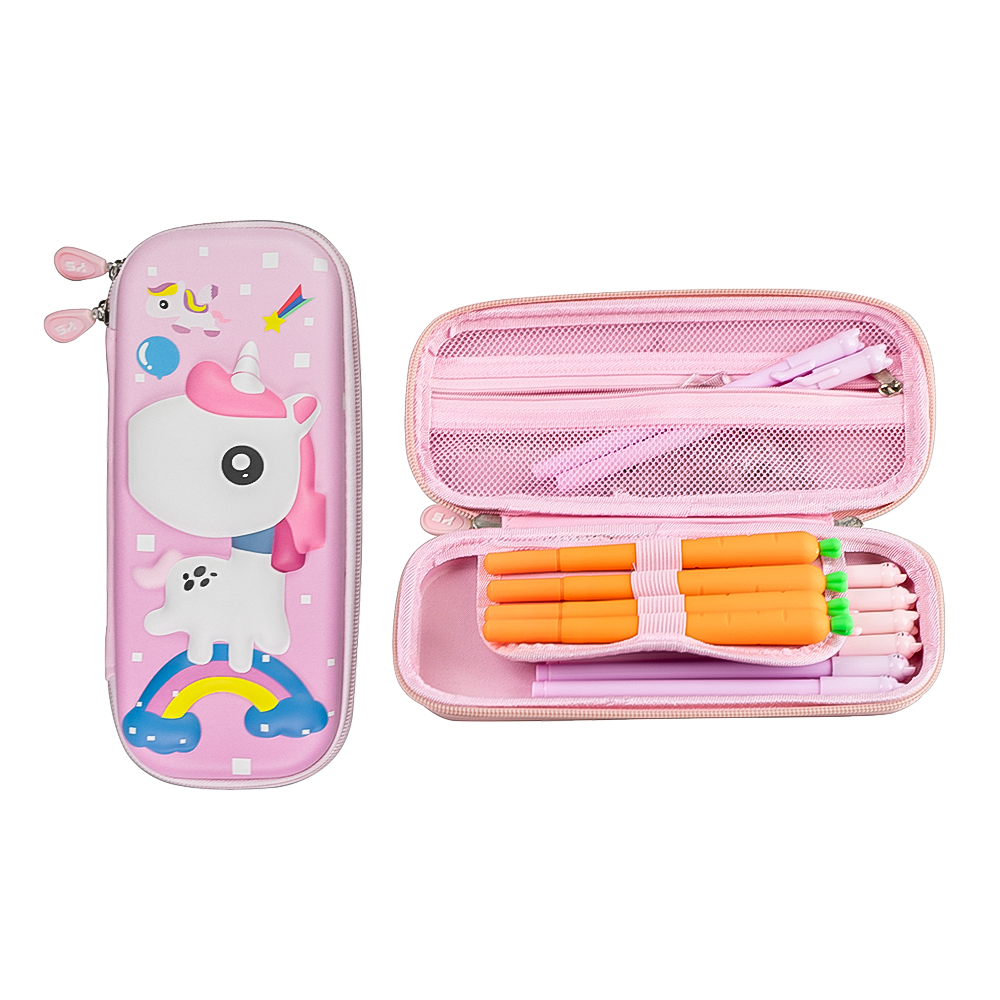Convenience stores, known as "konbini" in Japan, have become an integral part of the country's culture and daily life. These stores offer a wide range of products, catering to the diverse needs of customers. In this article, we will delve into the top ten product types that dominate convenience stores in Japan, providing valuable insights into the preferences and trends of Japanese consumers.
- Ready-to-Eat Meals and Bento Boxes:
Japanese convenience stores are renowned for their extensive selection of ready-to-eat meals and bento boxes. These convenient and delicious options cater to busy individuals seeking a quick and satisfying meal on the go. From traditional Japanese cuisine to international flavors, the variety is endless. - Beverages:
Beverages hold a significant share of the convenience store market in Japan. From refreshing soft drinks and fruit juices to a wide range of teas and coffees, convenience stores offer an array of choices to quench the thirst of customers. Popular brands and unique flavors contribute to the popularity of this product category. - Snacks and Confectionery:
Snacks and confectionery items are a staple in Japanese convenience stores. From traditional rice crackers and senbei to a vast assortment of chocolates, candies, and gummies, these stores cater to the sweet and savory cravings of customers. Limited edition and seasonal flavors often attract attention and boost sales. - Instant Noodles:
Instant noodles, known as "ramen" in Japan, are a quick and convenient meal option that has gained immense popularity. Japanese convenience stores offer a wide range of instant noodles, including regional specialties and collaborations with popular brands. The convenience of these products makes them a favorite among busy individuals and college students. - Daily Essentials:
Convenience stores in Japan are known for providing daily essentials such as toiletries, personal care items, and household products. From toothpaste and toilet paper to laundry detergent and cleaning supplies, these stores ensure that customers can conveniently purchase necessary items at any time. - Alcoholic Beverages:
Convenience stores in Japan also offer a variety of alcoholic beverages, including beer, sake, and ready-to-drink cocktails. This convenience makes them a popular choice for individuals looking to purchase drinks for social gatherings or to enjoy at home. The availability of chilled beverages adds to the appeal. - Fresh Produce:
In recent years, Japanese convenience stores have expanded their offerings to include fresh produce. Customers can find a selection of fruits, vegetables, and salads, providing a convenient option for those in need of quick and healthy meal solutions. The freshness and quality of these products are carefully maintained. - Pre-packaged Deli Items:
Convenience stores in Japan often have a section dedicated to pre-packaged deli items such as sushi, onigiri (rice balls), and sandwiches. These items are freshly made and provide a convenient and tasty option for customers seeking a light meal or snack. - Health and Wellness Products:
With an increasing focus on health and wellness, Japanese convenience stores have started offering a range of health-conscious products. This includes items like low-sugar snacks, organic food options, and dietary supplements, catering to the growing demand for healthier choices. - Souvenirs and Gifts:
Convenience stores in Japan also serve as a one-stop shop for souvenirs and small gifts. From regional specialties to character-themed merchandise, these stores offer a convenient option for tourists and locals alike to purchase unique and affordable gifts.
Conclusion:
Japanese convenience stores have evolved into much more than just a place to grab a quick snack or drink. They have become an integral part of the Japanese lifestyle, offering a wide range of products to cater to the diverse needs of customers. From ready-to-eat meals and beverages to daily essentials and unique souvenirs, convenience stores in Japan continue to innovate and adapt to the changing preferences of consumers.



